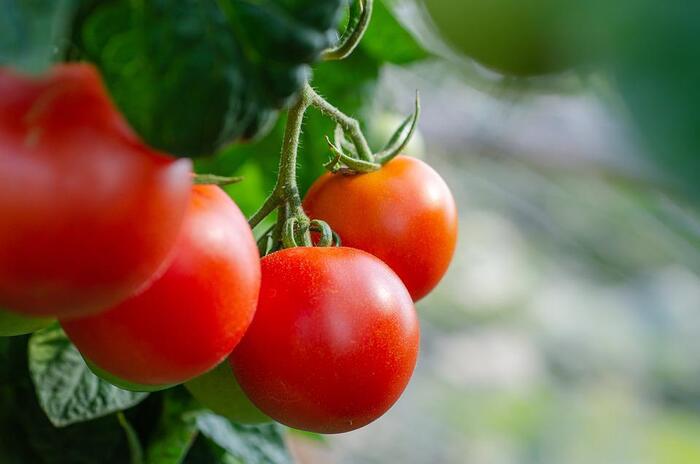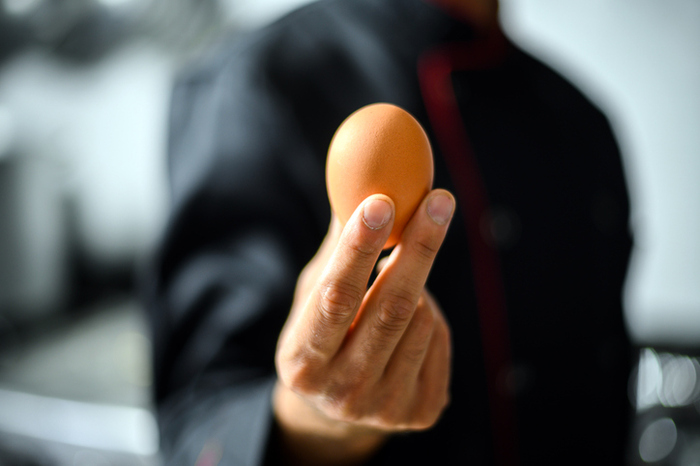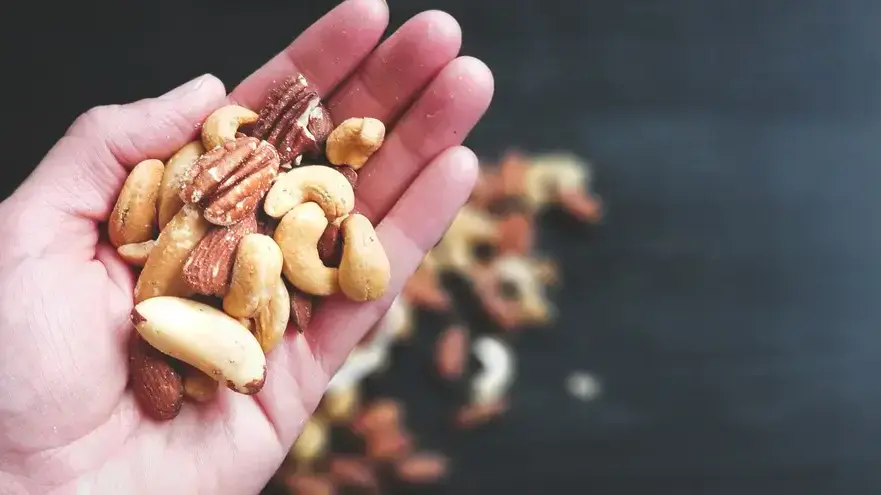Against malnutrition and vitamin D deficiency, a new 'bio-fortified' tomato was produced in the laboratory, i.e. genetically modified in order to accumulate provitamin D3 in the leaves and fruits, the assumable precursor of vitamin D essential for bone health and of the immune system against infections, tumors, Parkinson's and dementias.
The result is published in Nature Plants by an international group coordinated by the Institute of Science of Food Production of the National Research Council of Lecce (Cnr-Ispa), in collaboration with the John Innes Center in Norwich, Great Britain.
The Crea genomics and bioinformatics research center also participates in Italy.
"This new tomato line - explains Aurelia Scarano of Cnr-Ispa - was obtained thanks to the emerging genome editing technologies, in particular the Crispr / Cas9 system, which allowed us to introduce a small modification in the gene in an extremely specific way. of the tomato that codes for the enzyme 7-dehydrocholesterol reductase, involved in the conversion of provitamin D3 to cholesterol ". By blocking this process, an important accumulation of pro-vitamin D3 is obtained in the fruits and leaves, without altering the growth and productivity of the plant . "From the calculations carried out - specifies Scarano - it appears that the consumption of a couple of fresh tomatoes a day from this new line could largely satisfy the recommended daily dose of vitamin D".
Researchers have also shown that ultraviolet light treatment of bio-fortified tomatoes can convert pro-vitamin D3 into vitamin D, opening up new prospects for tomato production that can directly deliver the active vitamin.
In addition to the fruits, in fact, the extract of the leaves treated with UV rays could be used to produce vegan vitamin D supplements.
If this bio-fortification strategy proves to be successful on the market, it could also be applied to other plants of the Solanaceae family, for example potatoes.








